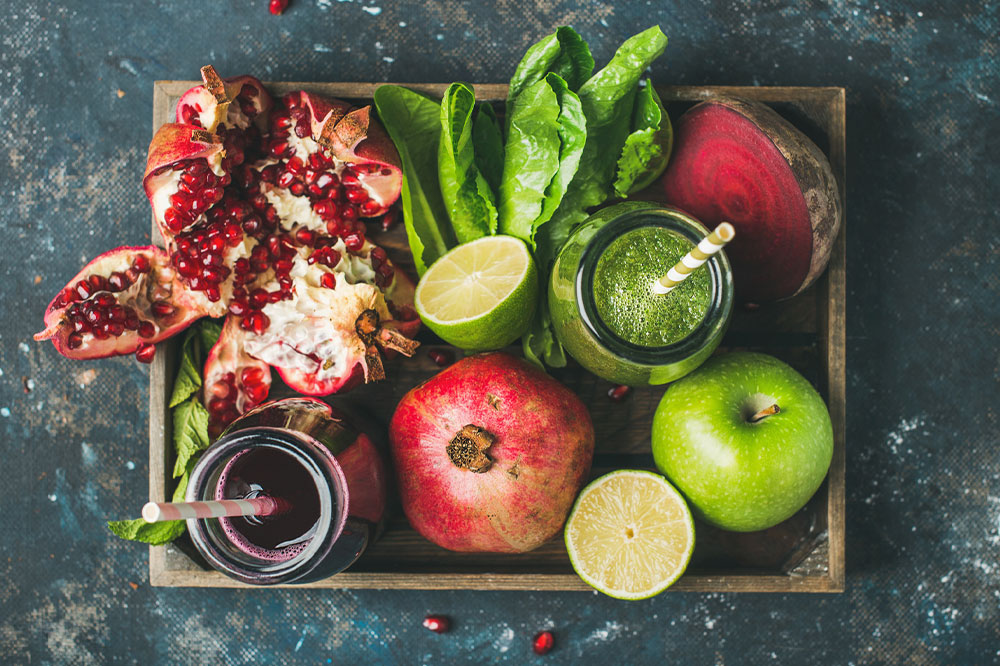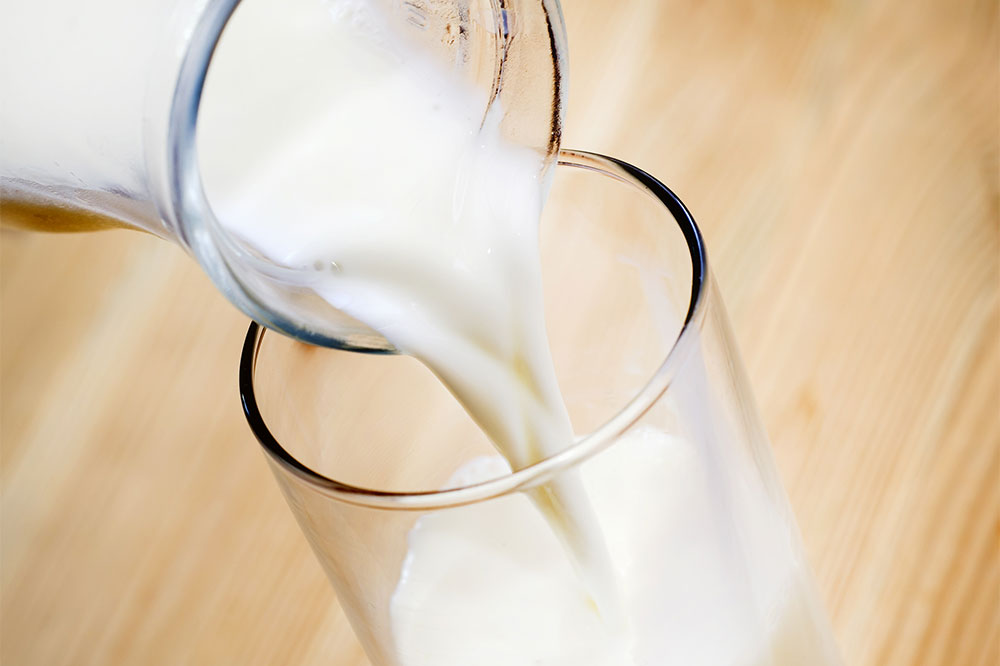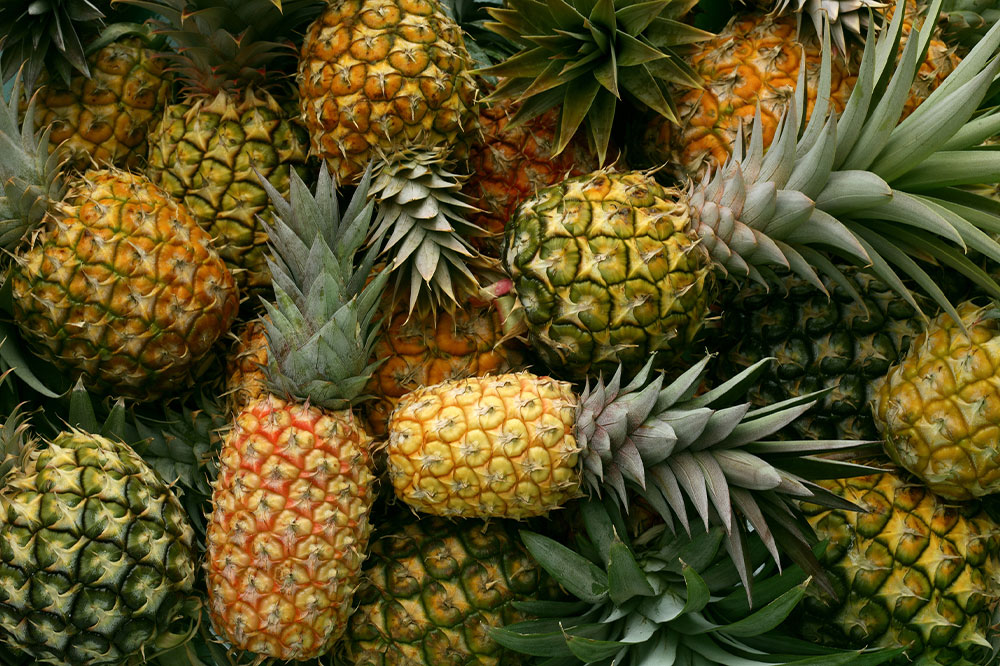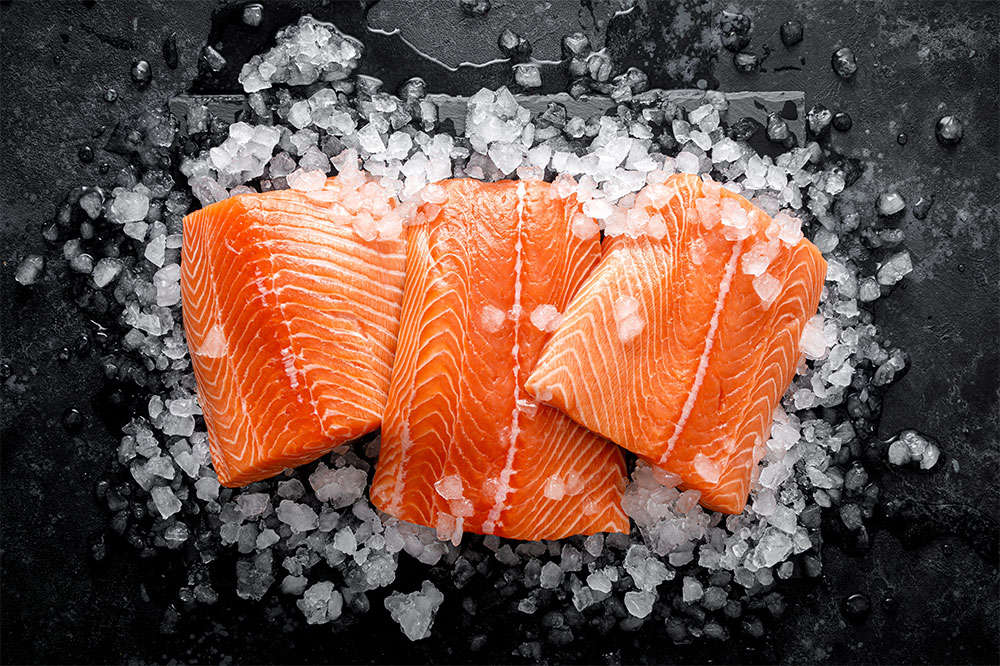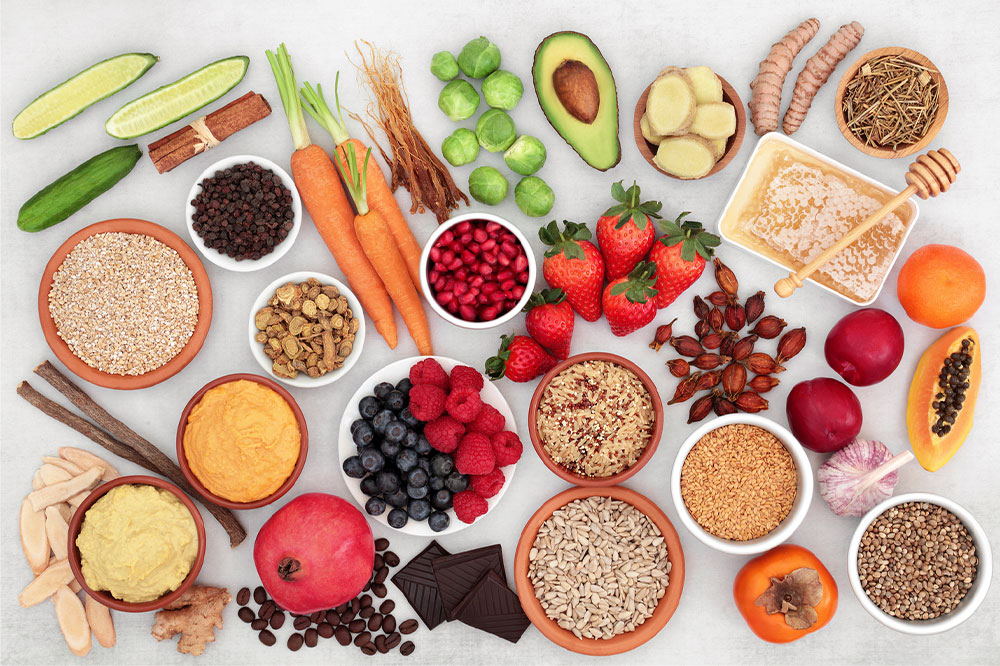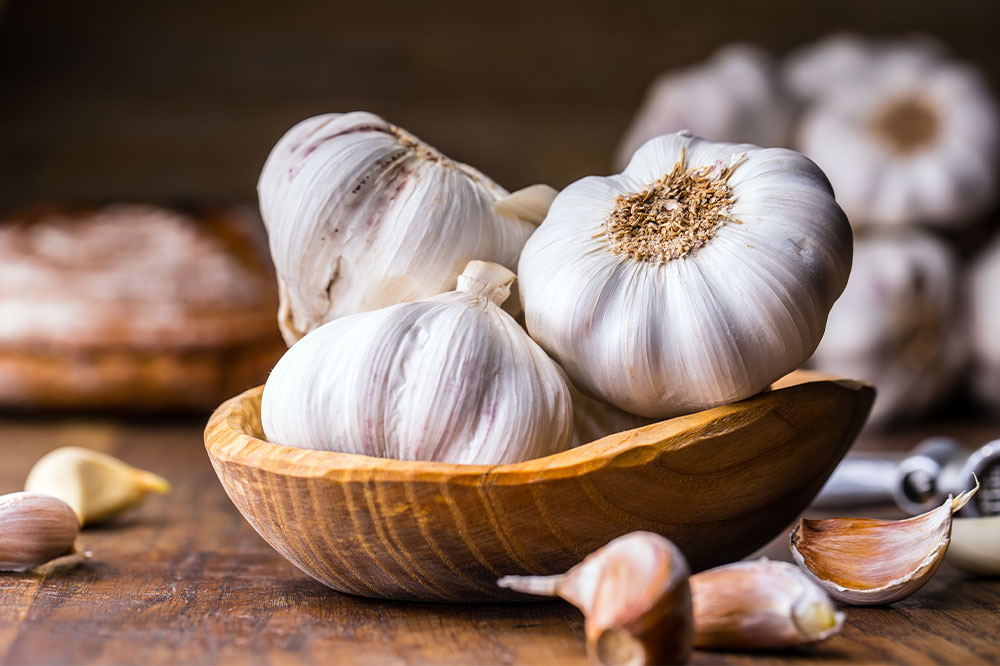
Foods to help manage pulmonary fibrosis symptoms
The lung is entirely made of porous sponge-like tissue, which is designed to absorb oxygen. Pulmonary fibrosis results in the scarring of the tissue and causes respiratory problems. Idiopathic Pulmonary Fibrosis (IPF) is the most common form diagnosed among adults and currently there is no cure for it. The condition can be, at best, managed with healthy lifestyle habits, changes in food habits, and by exploring Esbriet® as a medication option for pulmonary fibrosis. Early Signs of Pulmonary Fibrosis One of the more obvious signs is shortness of breath that results in shallow breathing. A persistent dry cough could indicate the condition’s progress. Unexplained fatigue even after a good day or night of rest. Unexpected weight loss even if there have been no sudden changes in daily food regime. Best Foods for Pulmonary Fibrosis Foods rich in protein Lean meats and seafood options can provide proteins necessary for maintaining lung heath. Further, assorted nuts and seeds like almonds, walnuts, flax seeds, and chia seeds are also protein-rich choices that can provide healthy calories and essential nutrients to boost immunity. Foods rich in antioxidants Antioxidants help combat the oxidative stress that results in healthy tissue damage. One must eat vegetables like leafy greens, Brussels sprouts, carrots, squash, bell peppers, cabbage, and broccoli.
Read More 